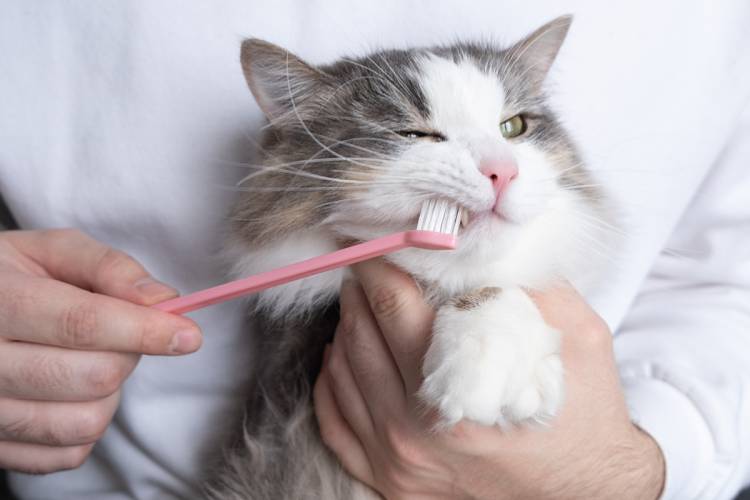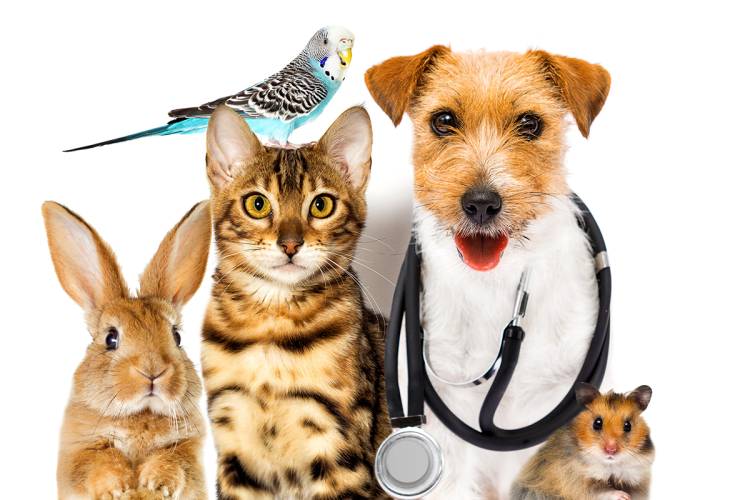Tips for looking after pets for beginners
Do you want to own your first pet? Discover what responsibilities await you and a series of tips so can both start in the best way possible.
pets
Share

The first thing we should do is find out about the care and responsibilities that we will have during our pet’s lifetime. Consulting a vet is a good option so they can give us the first tips and guidelines to follow before the pet comes home.
Looking after your pet's hygiene
The basic care for correct hygiene are similar in all species that we might have at home: worming, cleaning the fur and special monitoring of the ears, eyes, nails and teeth.
. Dogs: When a puppy arrives home, worming and flea treatments are usually the first thing the vet carries out. Regular brushing, a periodic bath, cleaning of the ears, eyes and teeth, cutting the nails and coat, in dogs with long hair, are usually the basic care.
. Cats: They are very clean animals and clean themselves, but even so, we should check their nails, grooming, cleanliness of their teeth, ears and eyes and, vitally, keep their litter tray clean.
. Rabbits: They are also very clean animals, but we should look out for some aspects because they have delicate skin. Bathing them is not recommended, but we can brush all of their body. We should check their ears, eyes and nails and they should be wormed.
. Birds: It you opt for a lovebird, they love to bathe, so you can place a bath in their cage. You should also check their nails and keep the cage clean. Moreover, we must not forget that lovebirds should be kept as a pair, never just one by itself. That’s why they get their name, lovebirds.

Looking after your pet's health
Good health ensures a long, pain-free and happy life. If there is one thing that largely determines the health of an animal, it is their diet. The healthiest diet is always a natural diet, whether raw or cooked, but there are also high quality feeds on the market. If you opt for animal feed, it should be specially for puppies up to the age of one year, approximately.
Meeting their needs as a breed is another key point in terms of maintaining good health. In the case of dogs, they need exercise, to smell, play and relate with other dogs. For cats, it is essential that we respect their territory, play and keep them physically and mentally active.
Rabbits also need to play, leave their cage and, above all, enjoy company so they don’t become sad.
Of course, all of them must have their place in the family, a comfortable place to sleep and lots of love.
When to see the vet
A trip to the vet is the first thing we should do when an animal comes home to make sure it is in good health. That being the case, the vet will inform us of the next steps to follow, such as worming and flea treatment, relevant vaccinations, identifying microchip with the contact details of the owner and the opening of their health card.
. Dogs: Puppies can’t go outside or be in contact with other dogs until they have had their vaccinations against parvovirus, distemper and rabies.
. Cats: At the age of eight months, they have the trivalent vaccine. If they are outdoor cats, we should find out about any other vaccines that protect them from diseases they may catch outdoors.
. For other pets: like birds, rabbits or rodents, we should visit a vet specialising in exotic animals. Rabbits can be vaccinated at two months for myxomatosis and viral haemorrhagic disease. Lovebirds don’t require any vaccinations, but they are very delicate animals and we should monitor their health closely. They should be wormed every six months, they don't need a microchip but they should have a health card.






